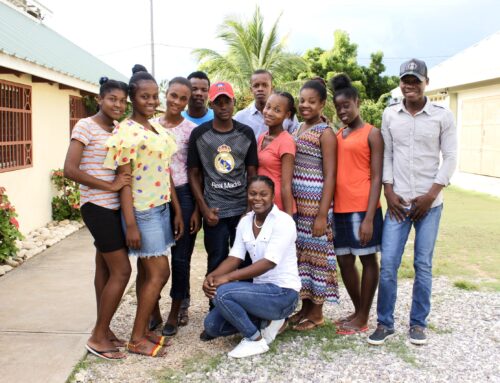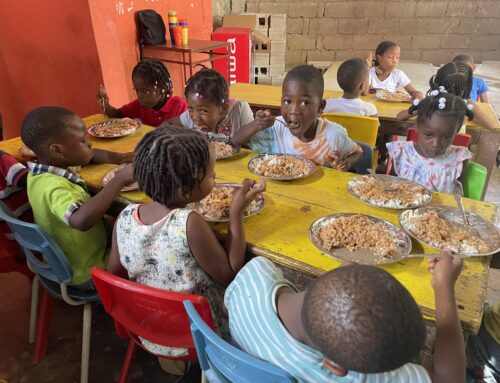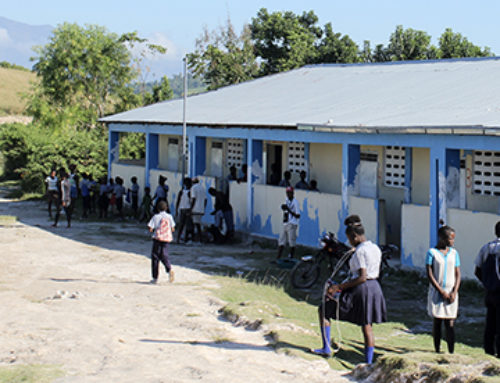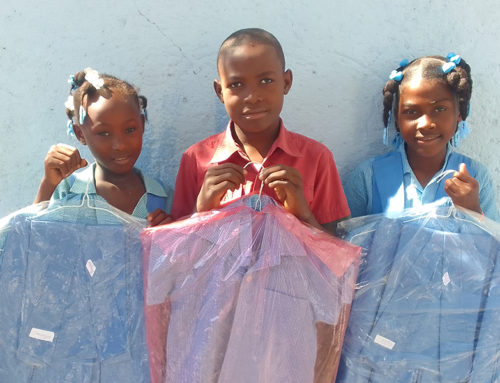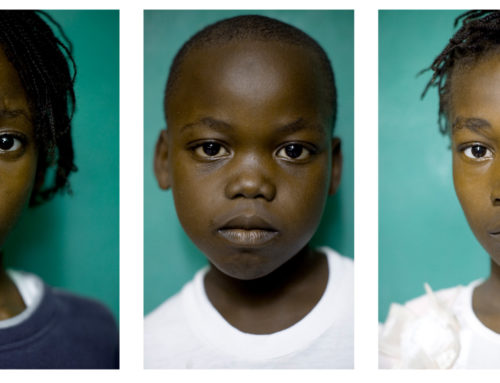
June will soon turn 16 and lives in terrible conditions in a small town in Port-au-Prince, Haiti. She’s never known her biological parents. At the age of 5, she was sent to Port-au-Prince to live with a woman who could not bear children. This host mother soon died of cancer. June could not return to Jeremie because she had no idea how or where to find her biological parents. She began wandering the streets of the Port au Prince, hopping from one host home to the next, and can count seven of them in her life story.
Of the many promises made by host parents to June of access to school, none have been kept. Instead, she spent more than three years living as a domestic worker, or restavek, suffering every kind of insult and contemptuous abuse. To dare mention the desire to go to school was to be threatened with being sent home to Jeremie, 8 hours away. She kept quiet, until a parent who works with Restavek Freedom shared the details of her case with me.
As a Child Advocate who works with children like June in the community, one of my greatest satisfactions is seeing the results of the mobilization that is done with host parents for the cause of these children. Being there to support children one-on-one and getting the opportunity to witness a shift towards happiness and development in their lives is one of the most fulfilling aspects of my job. June is a child who lost everything due to abuses in the restavek system. She’s of the many girls who grew up never enjoying any basic human rights and whose entire childhood is marked by only pain and misery. However, she can now smile because of the footprint your efforts have made in her life.
To learn more about Restavek Freedom and the work they are doing to end the restavek system in Haiti, visit restavekfreedom.org/about.
Kettia, Child Advocate


